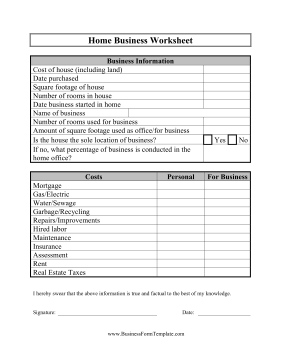
To take a business deduction for health insurance premiums, you can’t be eligible for coverage through a spouse’s employer. However, there is one significant caveat. If you have a spouse or a dependent, you can write off their premiums too. That’s a massive expense, and if you’re a 1099 contractor, you have to pay for it all without the help of an employer.įortunately, you can typically deduct the cost of your health insurance premiums, along with whatever you pay for dental insurance. In 2021, the average health insurance premium for single coverage was $7,739, which works out to about $644 per month.

In any case, the funds will come back to you someday, and you can’t have too much money in retirement. In addition, the dividends and capital gains you earn within the accounts are tax-deferred, which means you don’t pay tax on them until you withdraw your funds.īecause of the multiple tax advantages of retirement plans, contributing to them is one of the best deductions available to 1099 contractors. Employer portion: 25% of your net self-employment income up to $38,500 in 2021 and $40,500 in 2022.Ĭontributing to retirement plans reduces your gross income for the current tax year directly.Those over 50 years old can also make a $6,500 catch-up contribution. You can contribute the following amounts per year: In fact, you have some great options that employees don’t.įor example, the Solo 401(k) is a fantastic retirement account for independent contractors with no employees.

Contributions to Retirement PlansĪs a 1099 contractor, you don’t benefit from employer-sponsored retirement plans, but that doesn’t mean you don’t have access to any retirement accounts. It helps cover the costs of a lawsuit if you ever accidentally damage your client’s property and is often required by state regulation. Fortunately, your premiums are tax-deductible, as long as it makes sense that you would need the policy.įor example, you’ll probably need general liability insurance if you work in construction. Business Insurance PremiumsĪs a 1099 contractor, it’s often a good idea to purchase business insurance, though the type can vary depending on your trade. However, if you typically work out of a home office and take a trip to a client site, that trip would count as business use. Note that driving to your primary place of work doesn’t count as business use of your car. However, if you decide to use the actual expense method, you have to stand by that choice until you retire the car. If you start with the standard method, you can switch to the actual expense method whenever you like. For example, if you have a car you use for business trips 25% of the time and personal trips 75% of the time, you can only deduct 25% of your car expenses.Īlternatively, you can use a standard mileage rate issued by the IRS to calculate your deduction, which involves multiplying your miles driven for business purposes by $0.56 in 2021 and $0.585 in 2022. That said, you can only deduct the portion of your auto expenses that corresponds with your business use. That typically includes things like gas, maintenance, registration fees, and auto insurance premiums. If you drive your car as part of your business, you might be able to deduct some of the expenses you incur for the vehicle. For example, you might write off the cost of your ads on social media platforms, direct mail campaigns, and business website. Unless you have a vast network of pre-existing clients or customers, that means you’ll probably have to advertise your company somehow.įortunately, you can deduct those expenses, even if they take a variety of different forms. Advertising ExpensesĪs a small business owner, you’ll need to find a way to generate interest in your product or services. If you’re unsure what those might be, here are some great ideas to get you started. That language sounds a bit stiff, but it basically means that you can deduct the expenses someone in your line of business would reasonably need to pay.

However, if you’re a 1099 contractor, the Internal Revenue Service (IRS) lets you deduct all ordinary and necessary business expenses on your tax return.

One downside to being a W-2 employee is that you don’t have access to many tax write-offs.


 0 kommentar(er)
0 kommentar(er)
